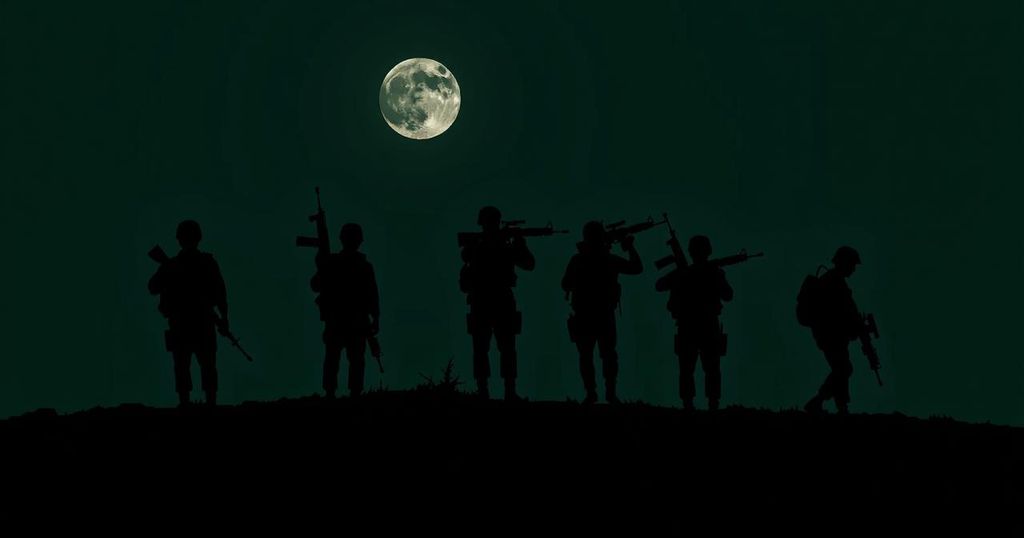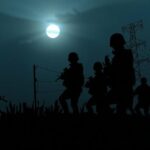Bangladesh Enters Military Rule: Insights on Its Army’s Future Governance Path
Summary
Bangladesh’s military has taken control after Prime Minister Sheikh Hasina’s forced resignation, marking the nation as the ninth globally under military governance. However, due to historical dynamics within the military, its experiences with numerous coups, and the influence of U.N. peacekeeping efforts, General Waker-uz-Zaman is unlikely to favor long-term military rule. The officer corps’ diversification and declining military prestige among educated youth suggest that a democratic approach may prevail in the future.
The recent political upheaval in Bangladesh has culminated in the military assuming control following Prime Minister Sheikh Hasina’s abrupt resignation. This makes Bangladesh the ninth nation currently under military governance globally, alongside others such as Mali, Myanmar, and Gabon. Historically, the Bangladesh Army has dabbled in governance since the country’s independence in 1971. However, given its experience with past coups — nearly 29 historical attempts at seizing power since 1975 — and the influences from international peacekeeping endeavors, the current military leadership, particularly under General Waker-uz-Zaman, appears disinclined towards sustained military rule. Civilian leadership and military dynamics in Bangladesh differ significantly from neighboring Pakistan. The Bangladeshi military is characterized by a lack of homogeneity, unlike Pakistan’s army, which is predominantly composed of officers from the Punjab region. This lack of a singular dominant faction within the Bangladeshi Army is crucial, as prolonged military rule often relies on such cohesion. Comparatively, the Indian armed forces reflect democratic values and diverse representation, supporting India’s stable civilian governance. In Bangladesh, the military’s respect for civilian governance has been reinforced by the challenges of attracting well-educated individuals to its ranks, suggesting a decline in military prestige in the eyes of the populace. Notably, the professionalization of the armed forces through United Nations peacekeeping roles has contributed to the military’s reluctance to engage in domestic politics. The financial benefits provided by U.N. missions have created incentives for military personnel to remain politically neutral. General Zaman, with a background in peacekeeping and recognized integrity, may further guide the current military to avoid the pitfalls of prolonged governance, indicating a tentative balance between civilian and military domains in Bangladesh’s political landscape.
The backdrop of this situation includes Bangladesh’s tumultuous political history and the role of the military within it. Since gaining independence from Pakistan in 1971, the Bangladesh Army has intermittently engaged in governance, marked by a series of coups and political manipulation. The historical tension between factions within the military and its civilian counterparts has been influential in steering the political landscape. Additionally, the global trend of military professionalization, influenced by participation in United Nations peacekeeping, has further shaped the operational and political attitudes of the Bangladeshi armed forces. This context is pivotal to understanding the current dynamics following Prime Minister Hasina’s resignation and the subsequent military takeover.
In summary, Bangladesh’s military is unlikely to pursue an extended regime of governance, primarily due to its fragmented composition and the influence of professional military ethics developed through international engagements. The historical context coupled with changing socio-economic preferences among the youth suggest a retreat from military involvement in politics. While the military has assumed control following recent political developments, the prevailing conditions indicate a preference for maintaining cooperation with civilian authorities over the establishment of a permanent autocratic regime.
Original Source: www.eurasiantimes.com








Post Comment